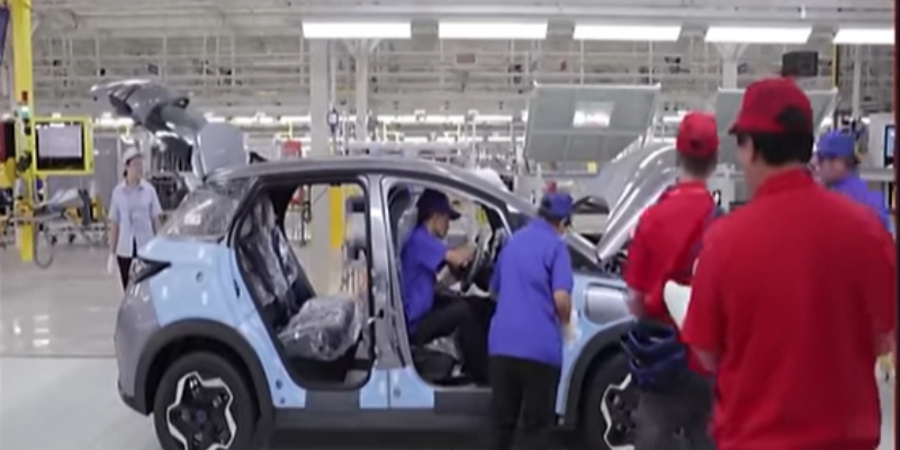Brazilian labor authorities are accusing a Chinese electric vehicle manufacturer of using human trafficking to fill its workforce. BYD is producing vehicles in Brazil, which has become one of the company’s chief markets.
BYD and contractor Jinjiang Group – who would be directly responsible for any slave labor being utilized – say they will house the 163 workers in question in hotels until an agreement can be reached to terminate the workers’ contracts, Brazil’s Labor Prosecutor’s Office said in a statement Thursday, according to Reuters. Brazil has said the workers are being forced to sleep in primitive, cramped conditions.
BYD and Jinjiang have offered little comment or clarification about the accusations except for a flat denial that the Chinese employees were working in “slavery-like conditions.” Jinjiang and BYD cooperated in issuing a social media post that said the workers could in no way be seen as “enslaved.”
The car company, one of the largest in the world, at first wanted to blame Jinjiang for the public relations disaster but then changed course and began citing “foreign forces” and even some Chinese media for “deliberately smearing Chinese brands and the country and undermining the relationship between China and Brazil.”
China’s foreign ministry insisted it has discussed the allegations of human trafficking with Brazil but said China strongly believes in workers’ rights and insists that Chinese companies reflect that sentiment and obey all applicable labor relations laws. Brazil has said they will re-engage with the car company and contractor on Jan. 7 to pursue a more comprehensive agreement.
If they manage to cut a deal, it could relieve the pressure on both BYD and Jinjiang to submit to a formal inquiry but they would still be subject to inspections from the labor authorities with any evidence of wrongdoing leading to “measures [that] can be adopted in the criminal sphere,” the statement said.
The allegations come as BYD continues to increase its market share of EVs and hybrid vehicles. It already has a large share of the Chinese auto market, the largest in the world. It is on the verge of outperforming Ford and Honda and has a workforce of almost one million people.
Although 90 percent of its products are sold in China, BYD has been building branch plants in Hungary, Mexico, Thailand, Uzbekistan, and Brazil as it seeks to become a global producer of vehicles.
This Story originally came from humanevents.com

